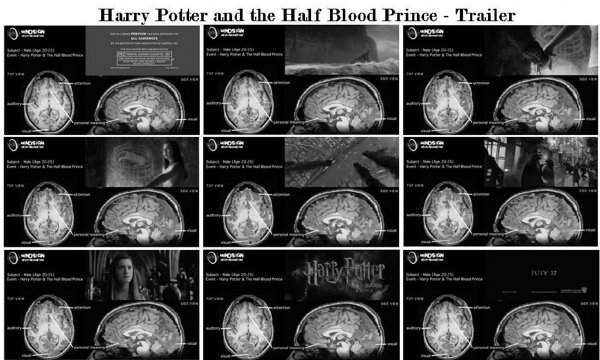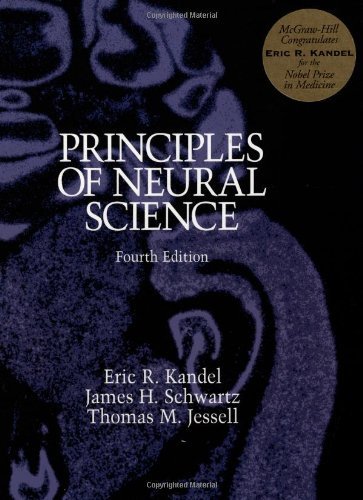A quick #NeuroThursday this week, on the topic you've all been waiting for: Harry Potter and the Principles of Neural Science! 

Credit to @muchredink for suggesting I do this, based on my version of the "Harry Potter & [the closest book to you]" meme a few weeks back. 

• • •
Missing some Tweet in this thread? You can try to
force a refresh




